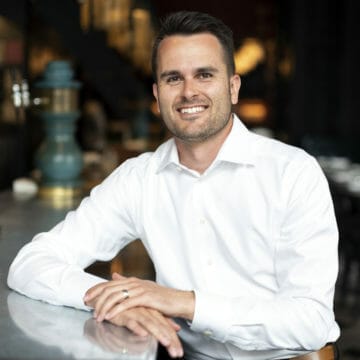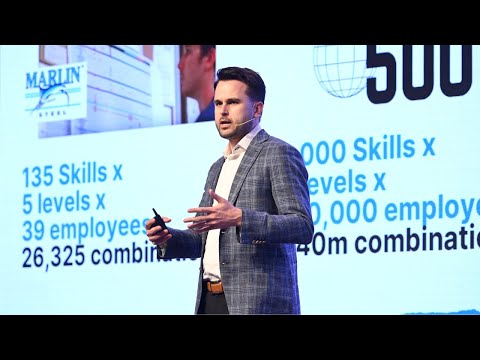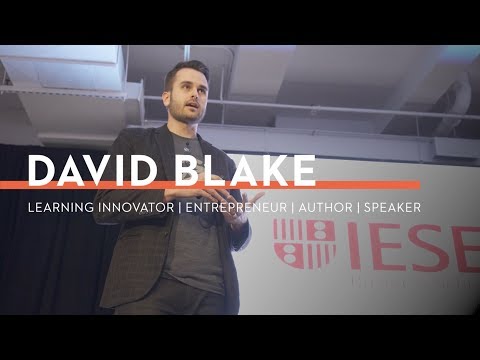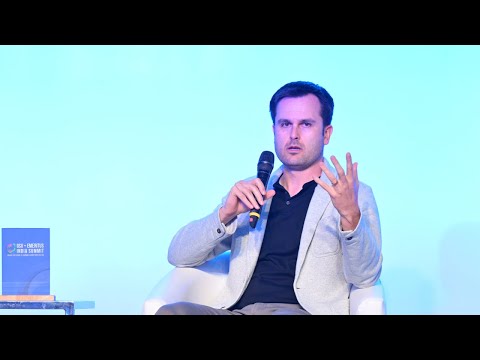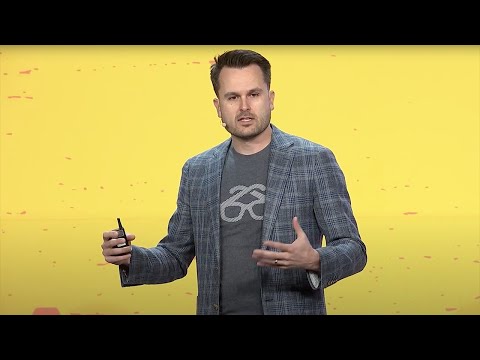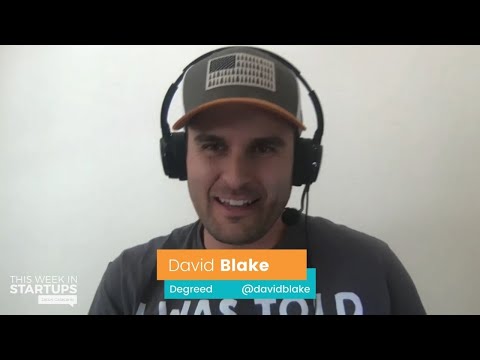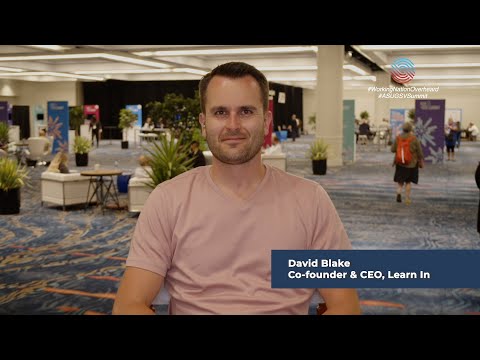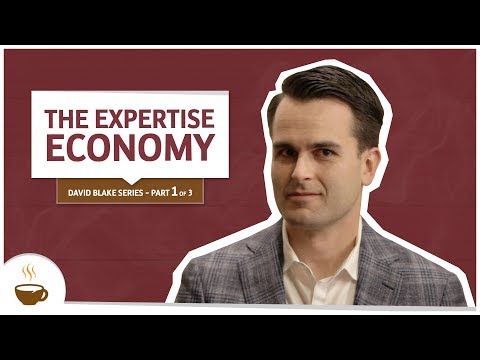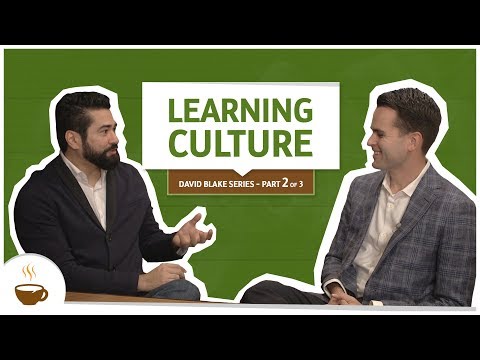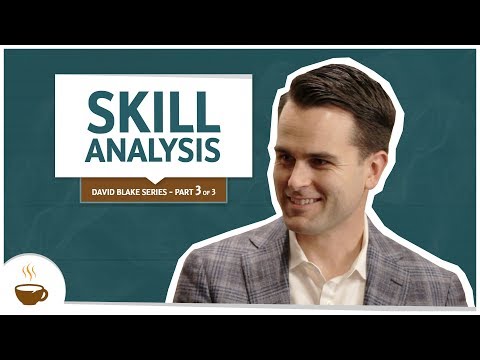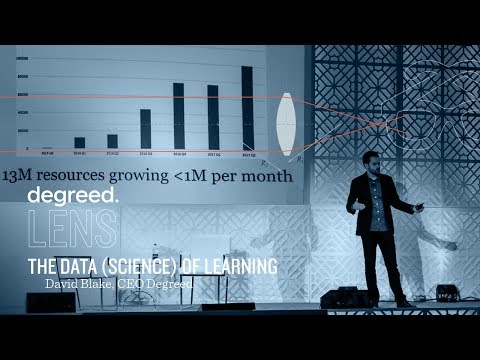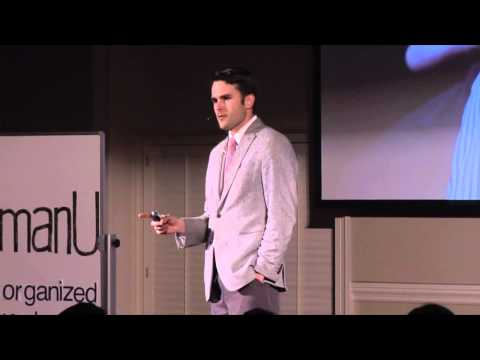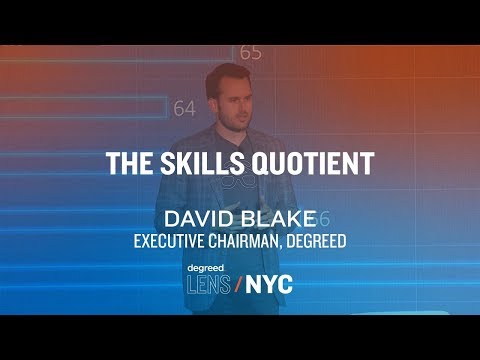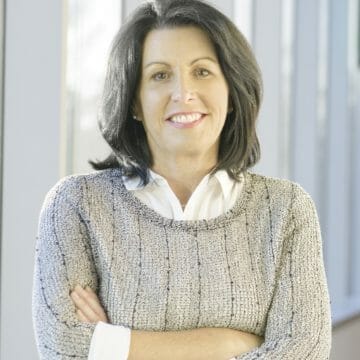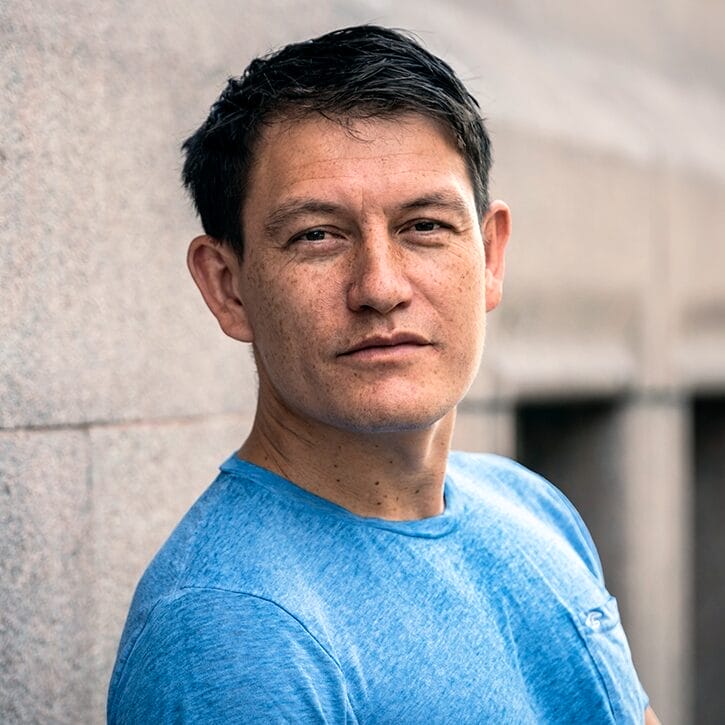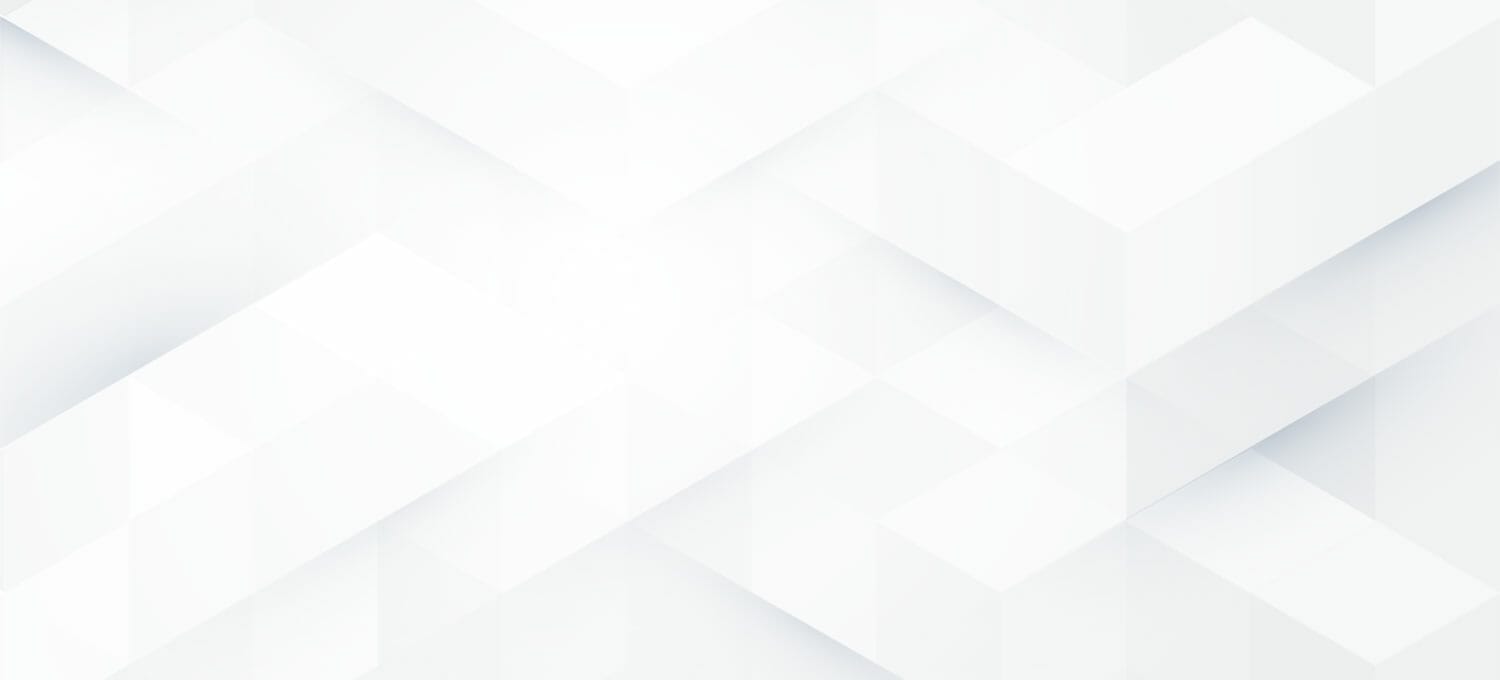Videos
Learn More About David Blake
Many leaders are building employee upskilling and reskilling initiatives into their long-term plans so they can maintain a resilient workforce and protect against future disruption.
For David Blake – executive chairman of the digital learning platform Degreed and founder of two new venture-backed businesses, BookClub and Learn In – framing the learning and development (L&D) conversation around its impact on diversity, equity and inclusion (DEI) is particularly urgent.
“Companies are rarely asked to report on learning and development by ethnicity or gender, but ignoring DEI in the upskilling conversation leads to tangible repercussions,” says Blake. “Funds allocated to DEI departments for talent acquisition are often squandered by those same organizations’ L&D programs, which can unwittingly work against diverse populations.”
A McKinsey advisor who works with Fortune 500 companies, including Google, Adobe and Salesforce, Blake helps leaders identify opportunities for improving L&D initiatives. His mission to help companies hire for competencies instead of degrees is a response to mounting research which shows that half the workforce will need to be reskilled for new jobs within five years and that a lack of key skills is the third biggest threat to business.
Blake’s Degreed platform, which is now used by 40% of Fortune 200 companies to identify and fill skills gaps, has been serving clients across industries including Boeing, Unilever, eBay, Cisco and Intel. His book, “The Expertise Economy: How the Smartest Companies Use Learning to Engage, Compete, and Succeed” (Nicholas Brealey, September 2018) – co-authored with Silicon Valley executive Kelly Palmer – outlines the latest innovations for closing the skills gap.
In a new world where lifelong learning through employment is displacing university education, Blake is an active partner to leaders looking to future-proof their organizations. By teaching them new ways of thinking, helping them build learning capacity, and providing useful metrics for evaluating job candidates, Blake helps organizations maintain healthy levels of innovation, retention, employee satisfaction and upward mobility. Such an investment in the long-term growth of a company and its employees results in significant returns while also serving to boost the economy.
###
A serial entrepreneur, David Blake is co-founder of Degreed, Learn In, and BookClub. Prior to Degreed, he helped launch a competency-based, accredited university and was a founding team member of university-admissions startup Zinch (acquired by NASDQ: CHGG). He was also selected as a Top EdTech Entrepreneur by the Stanford d.School EdTech Lab, an award sponsored by Teach For America and NewSchools Venture Fund.
David Blake is available to advise your organization via virtual and in-person consulting meetings, interactive workshops and customized keynotes through the exclusive representation of Stern Speakers & Advisors, a division of Stern Strategy Group®.
Prioritize Job-Specific Skills to Benefit Employers and Job Seekers Alike
More organizations are taking part in the skills economy – prioritizing hiring people based on skills over academic degrees. Just how big of a change is coming to the job market and how can companies and job seekers rethink the hiring process? According to David Blake, CEO and co-founder of digital learning platform Degreed, we’re at the forefront of a huge radical shift into the world of skills, with recent research showing that half the workforce will need to be reskilled for new jobs within five years. In this presentation, he’ll provide leaders with real-world examples of how hiring for skills can be over three times more effective than hiring based on academic credentials. Leaders will learn strategies for zeroing in on candidates who are best equipped for the positions they need to fill, and job seekers will gain tools for upskilling and reskilling in a world where job-specific competencies can help both land a position and advance through a career, benefitting employees and employers alike.
How to Upskill Your Workforce Inclusively
Most upskilling programs are structurally inequitable for employees who hold multiple jobs, serve as a caretaker or commute long hours. For this reason, companies must remove the biggest barrier for diverse populations hoping to upskill: time. According to Degreed executive chairman David Blake, few companies are taking advantage of resources to implement L&D in fully equitable ways. In this presentation, Blake leads executives through probing conversations about fair L&D practices to help them avoid pitting their upskilling initiatives against their own DEI agendas. With tactics for absorbing displaced productivity, like strategically overstaffing, Blake helps leaders move beyond progressive intentions to capture real rewards and become an equitable employer of choice.
How to Compete in the Expertise Economy
The modern economy is in constant flux due to technological change, and so are the skills demanded of employees. The predominant system of education and training, however, still considers learning to be something that takes place between childhood and early adulthood – before rather than during one’s career. By placing value on college degrees and credentials more than on a demonstrated ability to think and act innovatively, businesses are both hiring the wrong kinds of people and failing to adequately upskill their employees over the course of their careers. Consequently, they are losing valuable talent and sacrificing their competitive edge. David Blake has developed a framework and digital platform that allows businesses to identify and map the skills they need from employees to reach their goals in different business areas. This radical breakthrough enables employees to market their skills to potential employers rather than just their credentials, and also allows companies to track the evolving competencies of their own staff. In this presentation, Blake explains how, in order to survive the future of work, companies need to develop new strategies that address their own skills gaps, gauge the aggregate sum of skills within their organizations and build the workforces of the future.

The Expertise Economy: How The Smartest Companies Use Learning To Engage, Compete, and Succeed
(Nicholas Brealey, September 2018)
“David is an excellent speaker! He gave us a solid grasp of how the employment and learning markets intersect—and of the many anachronisms and dysfunctionalities in that relationship. At IFC, we invest in jobs-oriented private education across emerging markets and his insight was extremely valuable for us to find concrete ways to support lifelong learning. But David did far more than just ‘talk the talk’. He also shared his hands-on experience as a pioneering leader in this space who works with global employers to put learning at the center of their growth agenda and enable them to identify the skills they need to remain competitive and flourish.”
“David Blake’s personality and passion comes through when he shares his vision for the future of learning. In just 20 minutes, David inspired a group of Zebra’s most senior leaders, by simply, but powerfully explaining through real world examples and moving data why a commitment to lifelong learning is the key to corporate success. David motivated attendees to take a fresh, thoughtful perspective on a misunderstood topic, which was has been the catalyst for Zebra’s competitive shift to culture that prioritizes learning.”
David’s presentation was equal parts inspirational and provocative and changed the way I thought about skills and lifelong learning. He has deep expertise in formal and informal systems of learning, and this allowed him to transcend contexts and share relevant expertise on our specific questions. He has an optimistic vision for what learning could be, not just as it currently is. His presentation helped us to imagine new ways to serve learners, and to build bridges between academia and the workplace. His own experiences as a successful founder allowed him to share tangible examples of how learning is being reinvented to be more relevant, accessible, and valuable for the future. ”
“Disruption in any industry is a process, not a one-time event. With so much change on the horizon, Kelly and David highlight the imperative firms have to harness learning to stay in the game.”
“Everyone agrees that learning provides a competitive edge in an outsourced, automated economy. But what’s the essential next step? In The Expertise Economy, Kelly Palmer and David Blake make a persuasive case that companies play a huge role in shaping the future of learning. This excellent book offers practical and evidence-based insights that can help CEOs and other business leaders challenge the status quo.”
“The opportunity to scale new learning curves at work is an intrinsic career value for an ever-increasing slice of the workforce, and an imperative for organizations who want to stay in the game, much less ahead of it. The Expertise Economy offers a framework for leaders to future-proof the skills of their people and organizations.”
“Brilliant, timely and significant, this book blows the lid off the learning theories of the past!”
“The Expertise Economy makes clear the importance of skills in the corporate world. For most companies, understanding what skills your employees have, what skills they need, and their agility in learning new skills, will bring a competitive edge in the future.”
“Timely, clever, and useful insights on how learning enables individuals and organizations to flourish in a rapidly changing world. Anyone or any company seeking to learn how to learn will savor these insights and master these principles.”
“The Expertise Economy is must-read for anyone who cares about the future of their workforce and organization.”
“Learning has always been one of the secret weapons of the world’s highest performing companies. Kelly and David’s book unlocks this secret and is filled with advice on how to make learning a competitive advantage for any company.”
“The Expertise Economy shows how companies can use learning and skills as key differentiators to stay ahead of the competition and ultimately help close the widening skills gap.”
“The Expertise Economy is a unicorn among business books. It presents a human and business reason to address the skills gap in a holistic way with suggestions for how universities, companies and individuals can work together to prepare for the future workplace.”
